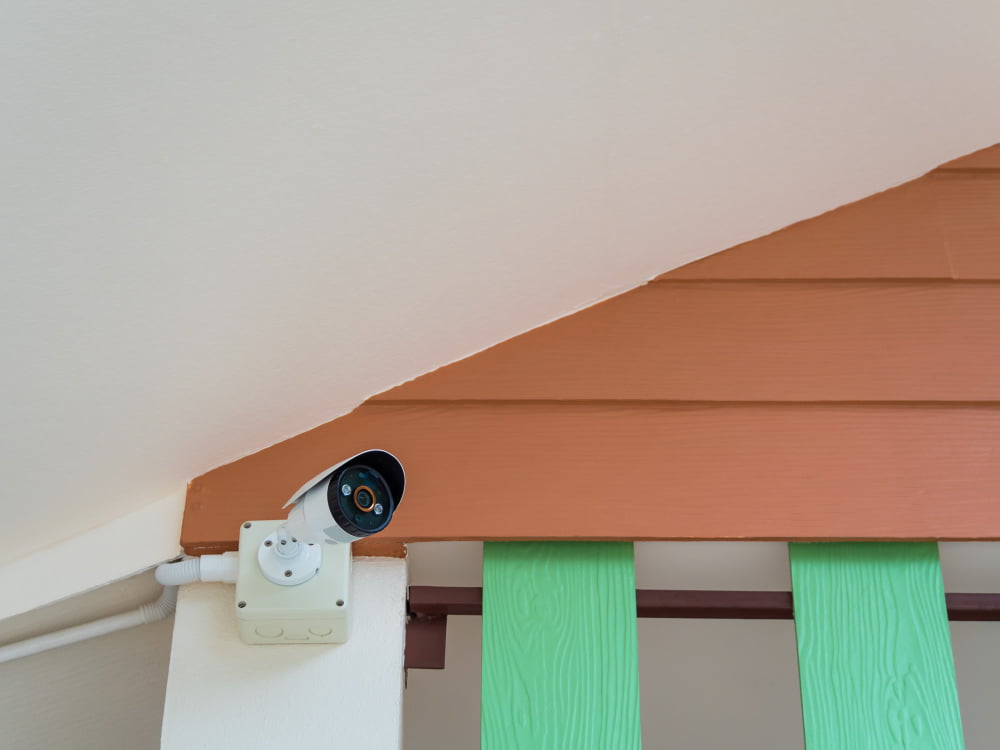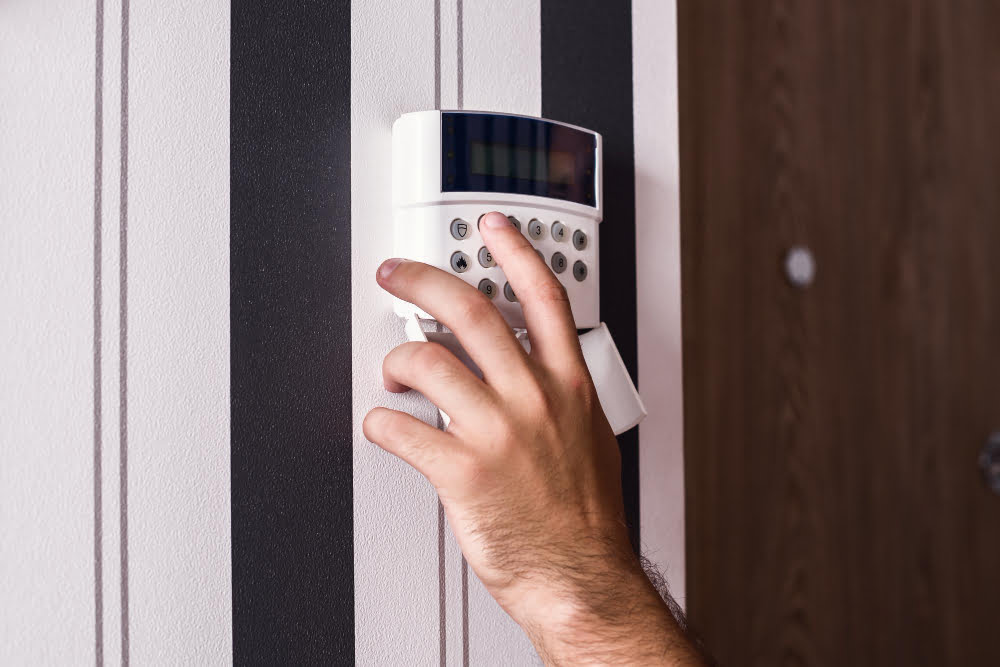Last updated on
In a world that is constantly in flux, one certainty we seek is safety and protection. It’s this very fundamental desire to secure our environments that drives the evolution of electronic security measures. Electronic security, from simple doorbell cameras to complex access control systems, is vital in safeguarding our homes, businesses, and facilities.
Whether you’re a homeowner installing your first CCTV system or a facility manager upgrading to the latest biometric access technology, understanding electronic security is about recognizing its value and realizing the peace of mind it can deliver.
What is Electronic Security?

Electronic security encompasses various systems and technologies designed to monitor, control, and protect property and spaces from unauthorized access, theft, and damage. At its core, it involves using electronic devices and software to secure physical assets and provide safety measures for individuals.
These systems range from surveillance cameras and alarm systems to more sophisticated access control and network security solutions. They work in unison to detect, deter, and document potential security threats, ensuring timely intervention and response.
Electronic security not only deters potential intruders but also plays a critical role in evidence collection and legal proceedings should an incident occur. The team at John Barnes & Co. can help you determine whether you need a digital lock, an alarm system, or a combination of these and other security measures to protect your property.
By choosing a comprehensive security solution, individuals and organizations protect their assets and contribute to a safer environment for everyone involved.
Importance of Electronic Security

Understanding the importance of electronic security systems is to recognize why they have become indispensable in modern settings. The reasons are as diverse as the threats they safeguard against.
Protection Against Theft and Vandalism
Electronic security systems serve as a critical shield against theft, vandalism, and other criminal activities. With real-time surveillance and alarm notifications, property owners can quickly react and notify law enforcement, reducing potential loss and damage. Furthermore, the mere presence of such systems acts as a powerful deterrent, discouraging trespassers and would-be criminals from targeting the property.
Enhanced Surveillance and Monitoring
Electronic security systems provide 24/7 surveillance and monitoring capabilities, unlike traditional security measures. By utilizing advanced technologies like motion sensors, facial recognition, and live streaming feeds, these systems offer a comprehensive view of the property at all times. This allows for quick detection and response to suspicious activities, ensuring maximum security.
Access Control and Restricted Entry
Controlling access to sensitive areas is crucial for businesses and organizations. Electronic security systems like biometric scanners or keycard readers allow for restricted entry, ensuring only authorized individuals can enter certain spaces. This protects valuable assets and provides a secure environment for employees and visitors.
Integration with Smart Technologies
With the rise of smart homes and buildings, electronic security systems have also evolved to integrate with these technologies. This allows for seamless control and monitoring of security measures through mobile devices, providing property owners convenience and peace of mind.
Electronic security isn’t just about installing cameras or setting up alarms; it’s a comprehensive approach to fortifying the places that matter to us most. It’s about being proactive in the face of potential threats and ensuring that we have the means to respond efficiently in critical moments. As technology progresses, our ability to secure our environments advances as well.
Recap:



